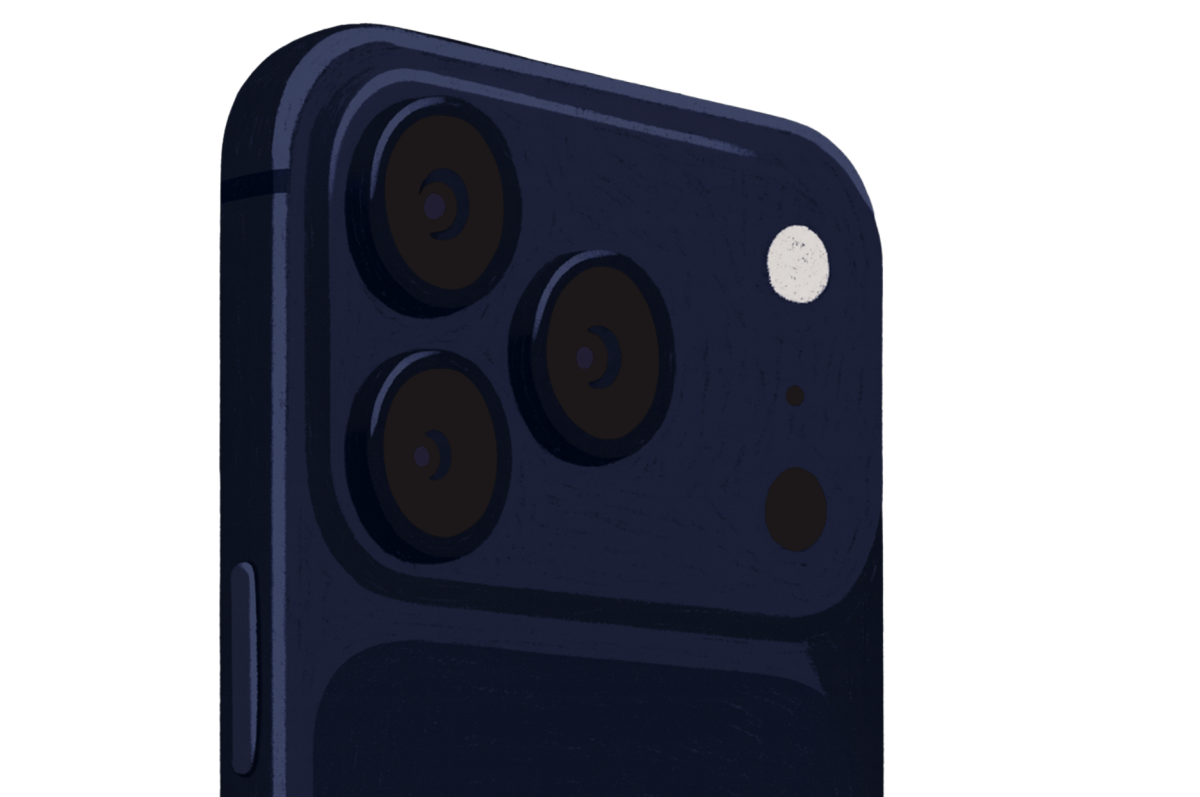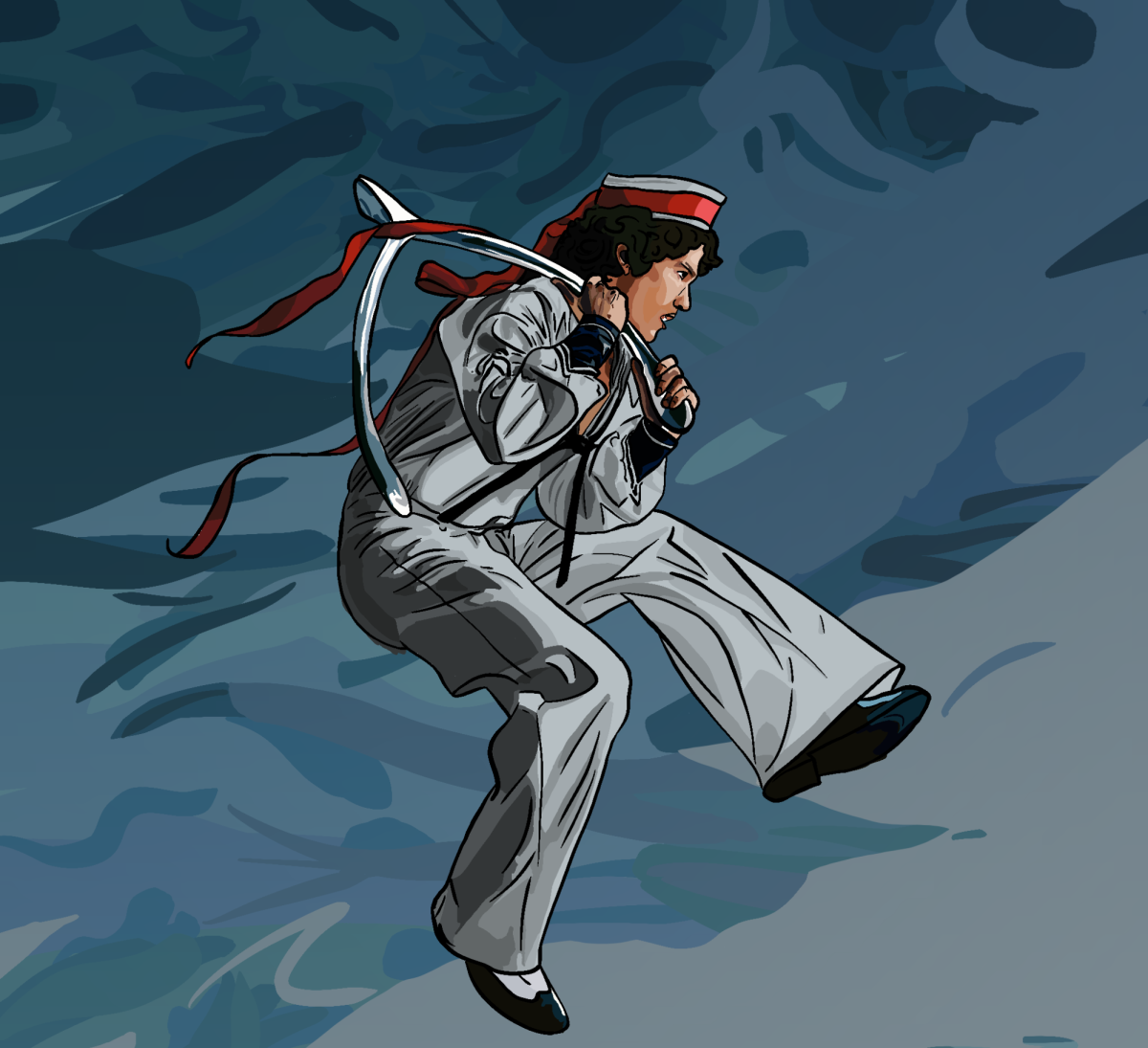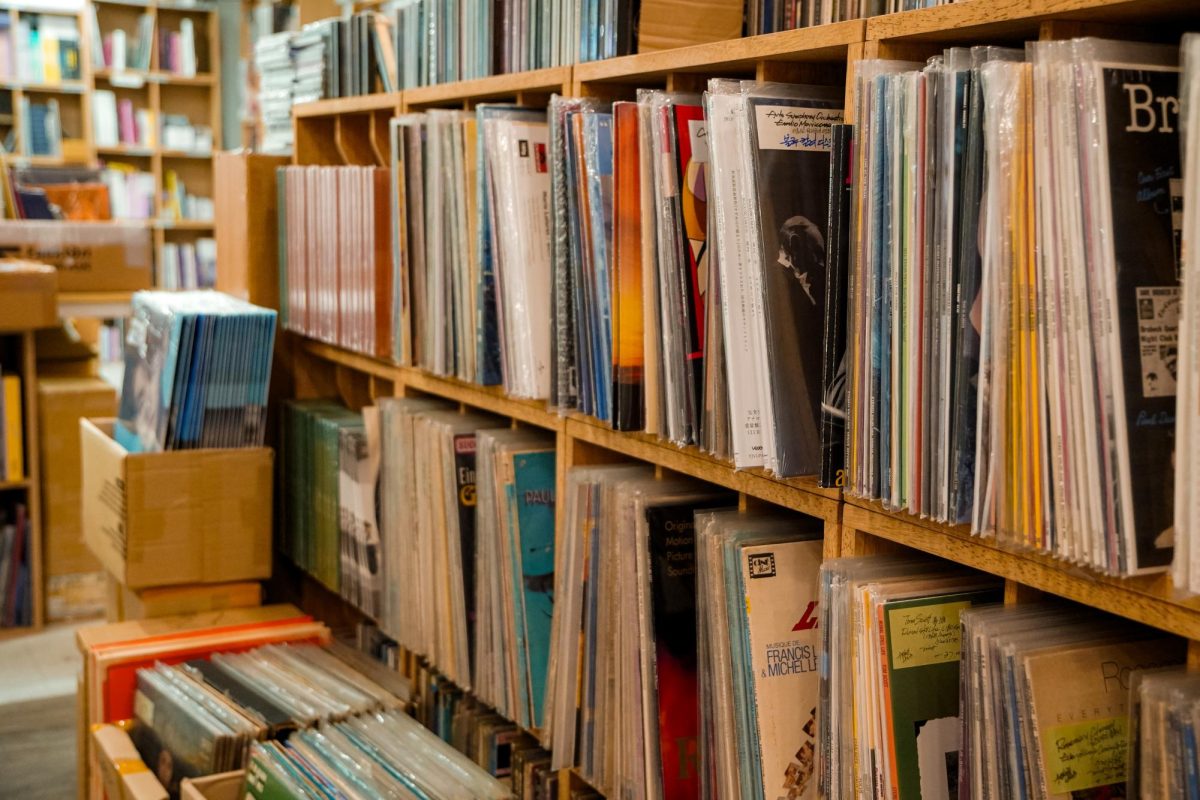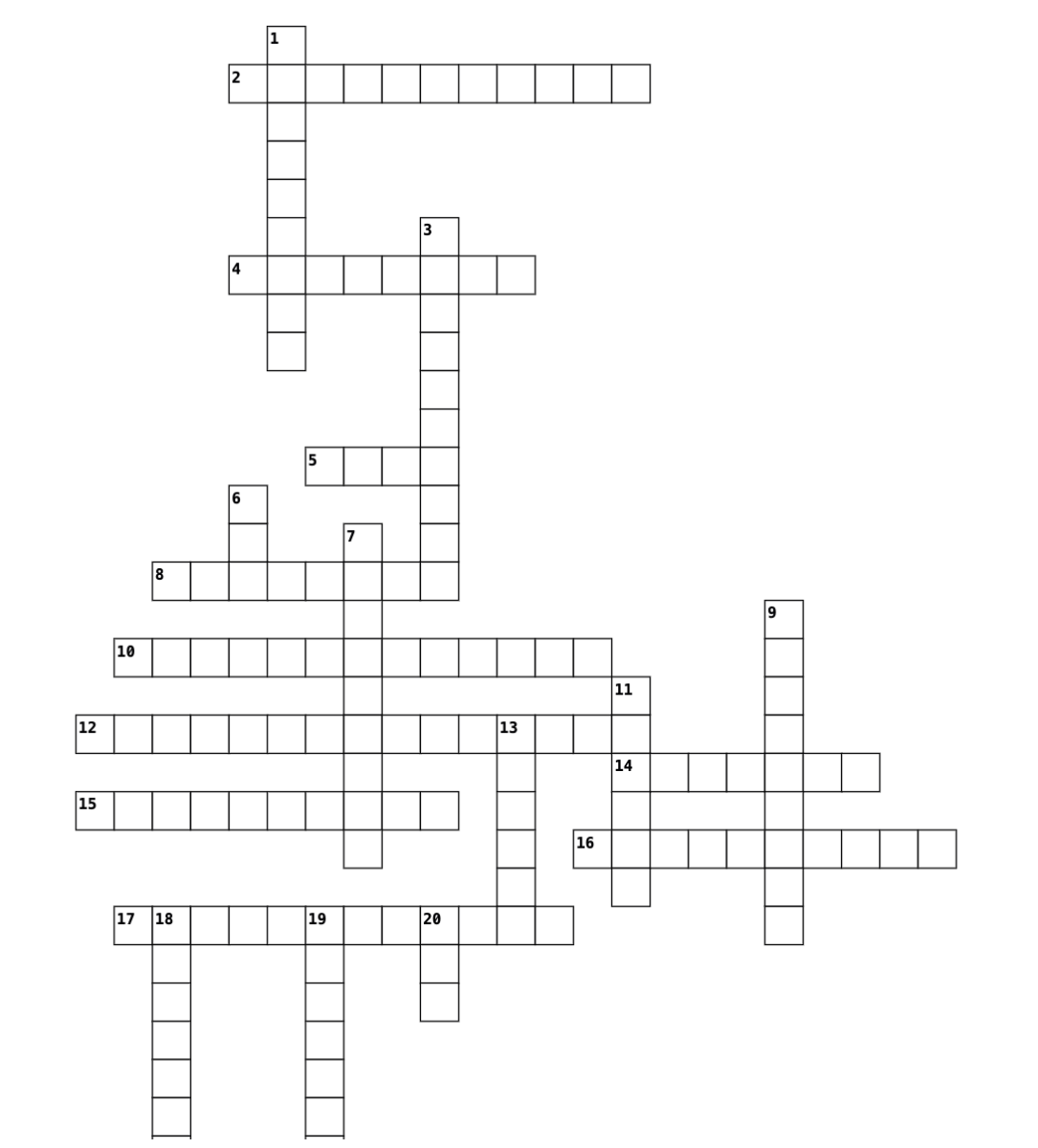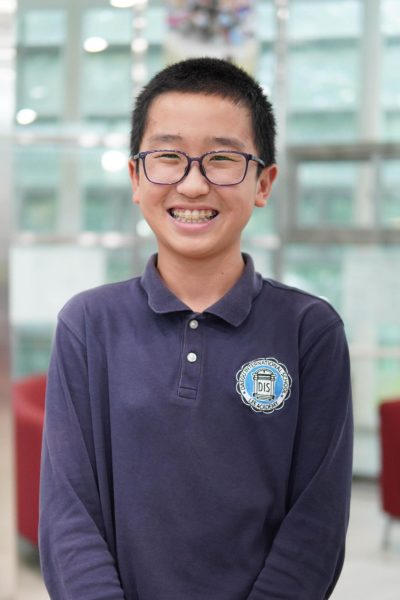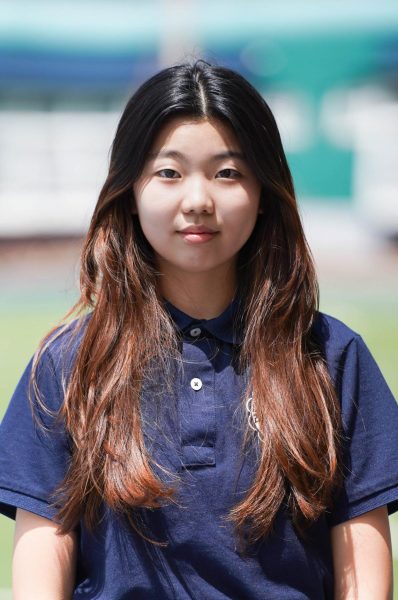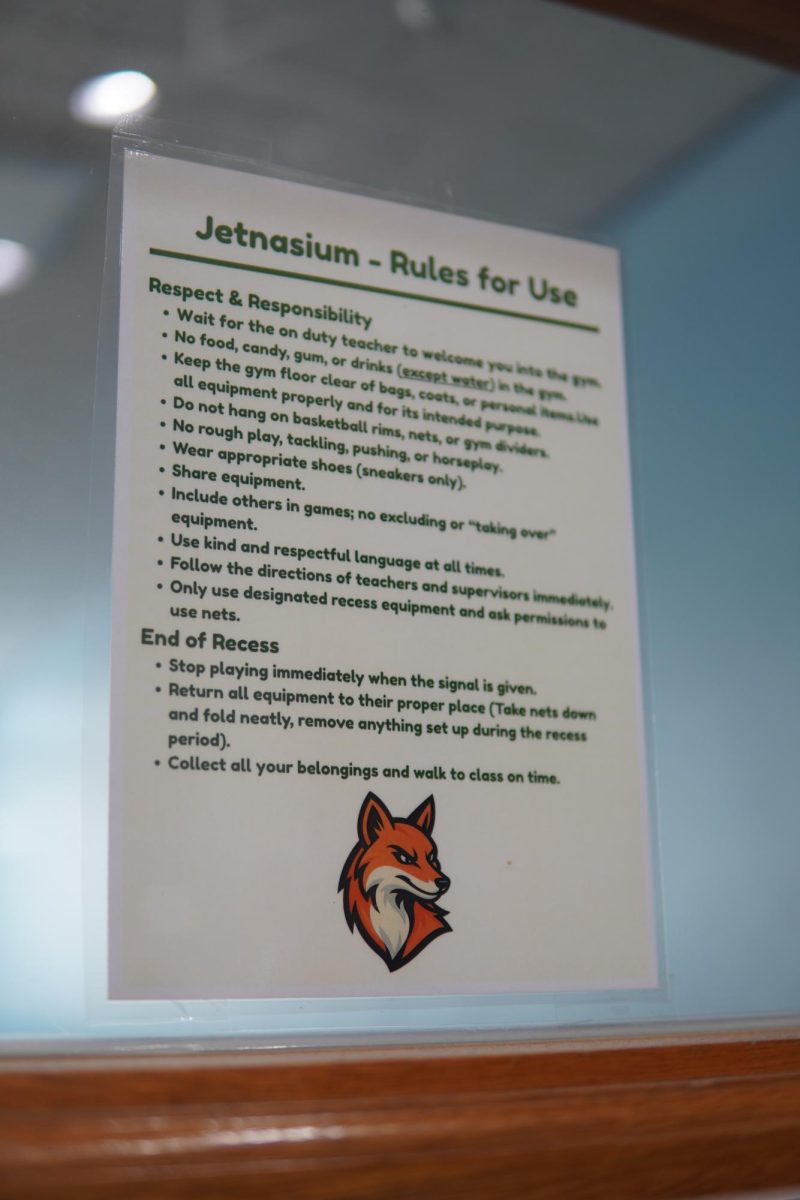“All mammals need free play, and lots of it, to wire up their brains during childhood to prepare them for adulthood.” — Jonathan Haidt, “The Anxious Generation”
Laughter echoes across the Early Childhood Center (ECC) playground as first and second graders race down the slides and zoom across the pavement on tricycles. The scene presents a kind of carefree chaos that only happens when kids are truly free to play.
When Mr. Vis created PlayLab, he was inspired by a book he read the previous year: “The Anxious Generation.” “It advocates for kids having time to play in a safe but unstructured environment,” he said. His goal was to give kids a place where they could relax and explore.
“I think it’s really important for kids to have the opportunity to just play and be kids,” Mr. Vis said, an increasingly rare experience in today’s technology-driven and high-pressure environment.
The experience also presents a deeply beneficial impact: in-school play actively supports development. Regular opportunities for unstructured play during the school day strengthens academic growth and enhances social-emotional well-being.
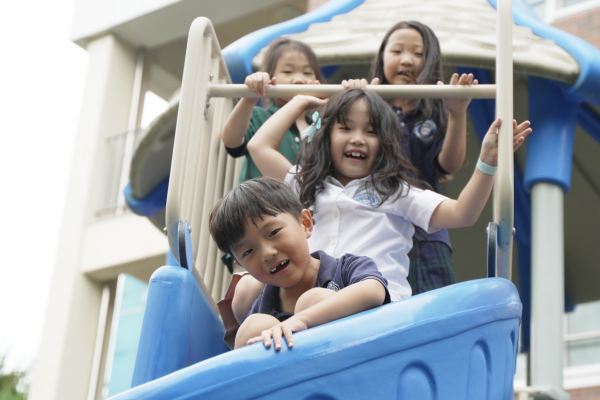
For many students, PlayLab offers a time to reconnect with old friends from the ECC. “These two groups of kids (first grade and second grade) played together every day last year. This is a chance for them to play together again,” Mr. Vis said.
Every week, students get to choose how they want to spend their time. Rebecca Oh in first grade said, “I like playing house with my friends and pretending that we’re a family.”
Paul Lee in second grade enjoys his time a little differently: “I play a lot of soccer and run all the time. When I run, I keep running and running. I don’t know why, but it’s just fun,” he said.
More than uninterrupted downtime, the After School Activity (ASA) promises plenty of silly memories. Lee said, “One time, I got all the tricycles [onto the playground] and played there. I think that was pretty fun.”
Beyond the social recreation and unstructured relaxation, PlayLab provides a break from academics. “I like PlayLab because I don’t need to study and can just play,” said Jane Kim in second grade.
Lee mentioned that PlayLab is one of his favorite clubs for this reason. “In a lot of ASAs, we have to learn and play. But in PlayLab we play a lot. We don’t have to learn and we just play,” he said.
PlayLab provides a space where kids can be carefree with unstructured play. With freedom to explore, connect, and create on their own terms, PlayLab supports not only fun but also important social and cognitive development that help them grow in ways that last beyond the playground.















